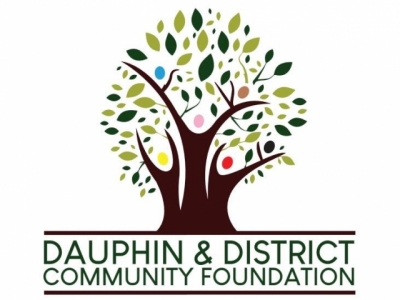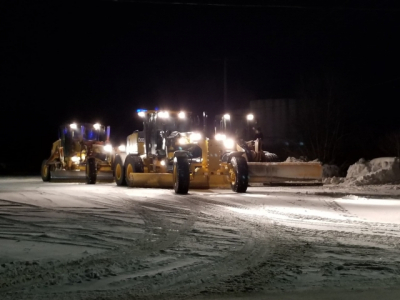The co-chair of the Dauphin and District Food Bank believes a basic guaranteed income could reduce the number of people who can't afford enough to eat.
Referencing the Mincome experiment of the 1970s, Marilyn Muller says she's a strong supporter of guaranteed income.
"(It) proved that people get along better when they have a guaranteed income and feel better about themselves and actually learn how to budget their funds instead of having to spend a lot of their time basically begging, asserting themselves for every dime and nickel that is provided through Employment Income Assistance."
Muller says the Dauphin and District Food Bank serves several hundred families over the year, and approximately 75 to 80 homes.
A Statistics Canada study that says one in four First Nations people living off-reserve in Manitoba face food insecurity.
A study by the University of Manitoba shows that in the average northern Manitoba community, about three quarters of people aren't able to get enough nutritious food.
Executive Director of the Dauphin Friendship Centre Jeremy Smith says, however, that food insecurity is an issue that can affect all groups of people.
"In general, all ethnic groups are seeing a rise in food insecurity and we really need to be teaching all people different life skills, including budgeting, gardening, and how to make healthy food choices."
Muller says the local food bank does see a higher rate of First Nations people, but says she's generalizing.
Smith says First Nations people leaving reserves often become food insecure because many don't have the job training to find good, stable jobs. Muller says people pay more for rent in the city.
Muller also says prices of food have increased.






